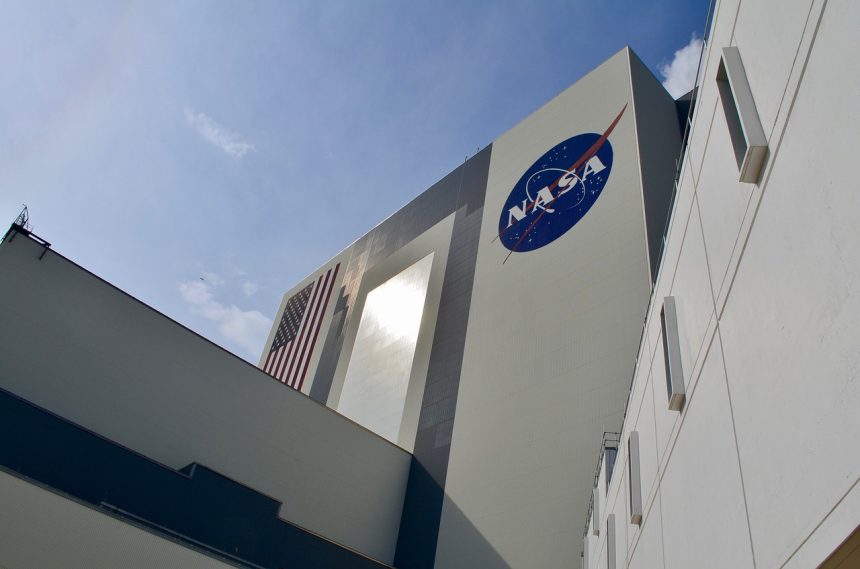What Has NASA Done
- From 5 September 2025, NASA has implemented a policy preventing Chinese nationals—even those with valid U.S. visas—from participating in its space programs. This includes students, contractors, and researchers.
- The ban covers access to NASA facilities, networks, materials, data systems, and meetings—both in person and virtually. Several people affected report being suddenly locked out of IT systems or meetings.
- NASA says this step is part of efforts to “ensure the security of our work.”
Why the Move Now
The decision comes at a time when tensions are rising between the U.S. and China over space exploration ambitions. Key points include:
- China is pushing forward with its lunar program, planning crewed lunar missions by 2030, while NASA’s Artemis program is targeting a return to the Moon by as early as 2027.
- U.S. concerns about technology transfer, espionage, and dual-use technologies are cited as part of the motivation. There have been allegations of sensitive data theft and fears that foreign access could compromise national security in critical research and infrastructure.
Legal & Policy Background
- The Wolf Amendment, passed by Congress in 2011, already restricted NASA from bilateral cooperation with China unless explicitly authorized by Congress and the FBI. This new policy significantly expands limitations by targeting individuals rather than just institutional cooperation.
- Previously, some Chinese nationals working or studying in the U.S. under visas—who were not directly affiliated with Chinese government or state enterprises—had been allowed to participate in NASA-funded research or as contractors. This new restriction removes many of those pathways.
Reactions & Impacts
- The Chinese embassy in Washington called the policy “discriminatory”, saying scientific collaboration should not be politicised.
- For affected scientists (many of whom are early-career researchers or students), the change has had immediate practical impacts: losing access to systems, being excluded from meetings, and being cut off from data or facilities they had been contributing to.
- Some U.S. observers see the move as part of a broader strategy to reinforce American leadership in space and to counter what is described as China’s expanding capabilities. Others warn that it could harm scientific progress by cutting off useful collaboration and diversity of expertise.
What’s At Stake
- Security vs. Scientific Openness: Separating out genuine security risks from opportunities for collaboration will be a challenge. Some fear the policy could undermine global scientific research in climate science, space, and other fields where shared data and joint efforts are important.
- Talent & Innovation: Cutting access for visa-holders, contractors, and students may dissuade international talent from working with U.S. institutions, possibly weakening research output in critical areas.
- Geopolitical Space Competition: The move underscores that the race to the Moon and beyond is increasingly viewed through a lens of strategic and national security competition as much as exploration and science.
- Precedent Setting: How broadly these restrictions may extend, and whether similar policies will be adopted in other agencies or by other countries, remains to be seen.











